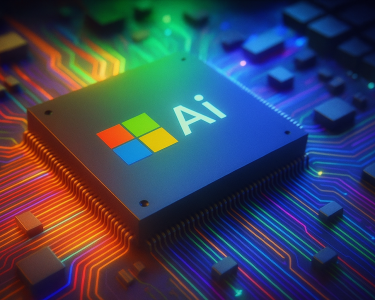Before Copilot+ PCs are even available in stores, Microsoft is already updating its Recall function. The core function of Copilot+ is recall, which involves collecting screen grabs of everything you do on your computer and sorting through the data using a local AI model. As revealed in a Windows blog post, Microsoft is altering Recall’s functionality in response to criticism.
To begin with, recall is now opt-in rather than opt-out. Recall used to be the Copilot+ laptop default configuration, but Microsoft has changed that to include a screen explaining what Recall works throughout the setup process. You can continue to have Recall disabled if you navigate beyond the screen.
Recall now requires Windows Hello, according to Microsoft. Recall requires facial or fingerprint authentication, and according to Microsoft, “proof of presence” via Windows Hello is necessary to view the photos that Recall has stored. That is a significant development because previously, leaving your Copilot+ PC open while you went somewhere could have led to some privacy and security risks.
Lastly, Microsoft claims to be employing an encrypted search index and “just in time” decryption for your Recall database. This implies that your snapshots will be encrypted until you authenticate with Windows Hello, at which point they will be decrypted instantly.
Recall’s photographic memory, which tracks everything you do on your computer from web searches to private communications, sent the PC community into a frenzy. There are still glaring privacy and security problems with that configuration, even though the AI processing for this data occurs on the device and is never transferred to a data center. These modifications ought to contribute to Recall’s increased security.
By far the most significant modification is turning off Recall by default. It appears that Microsoft intends for this capability to someday be a part of the larger Windows ecosystem, which may imply that unaware users are providing Recall with unnecessary data. For Microsoft, which has always enabled its services by default on Windows, this is a startling shift. That illustrates just how strong the opposition to Recall was.





